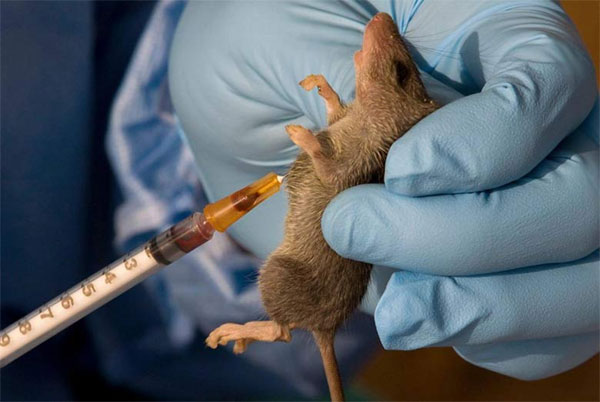Daijiworld Media Network - Abuja
Abuja, Oct 23: The Lassa fever outbreak in Nigeria has claimed 172 lives since the beginning of this year, according to the Nigeria Centre for Disease Control and Prevention (NCDC). The agency’s latest report, released on Wednesday, highlights a worrying surge in both infections and fatalities from the viral disease.
Between January and October 2025, the NCDC recorded 924 confirmed cases out of 8,041 suspected cases across 106 local government areas in 21 states, Xinhua News Agency reported.
The case fatality rate currently stands at 18.6 percent, an increase from 17 percent during the same period last year. The agency attributed the rise in deaths to the late presentation of cases and poor health-seeking behaviour among residents in high-risk regions.

The worst-affected states include Edo, Ebonyi, and Ondo in southern Nigeria, and Bauchi and Taraba in the north — together accounting for over 90 percent of all confirmed infections. Notably, Ondo State alone represents 35 percent of the total confirmed cases.
According to the NCDC, the most affected age group is 21 to 30 years, with a male-to-female ratio of 1:0.8. The agency warned that poor sanitation, limited awareness, and delayed access to treatment continue to fuel the spread of the disease.
Authorities have urged citizens to adopt preventive measures, including maintaining clean surroundings, avoiding contact with rodents, and storing food securely to prevent contamination.
Individuals experiencing persistent fever, sore throat, chest pain, or vomiting have been advised to seek immediate medical attention for early diagnosis and treatment.
The NCDC reaffirmed that it is working closely with state health ministries, development partners, and community leaders to strengthen surveillance, treatment, and public awareness. A multi-sectoral incident management system has been activated to coordinate the nationwide response.
Lassa fever is an acute viral hemorrhagic illness transmitted primarily through food or household items contaminated by rodent urine or feces. Human-to-human transmission can also occur via direct contact with the blood, saliva, or bodily fluids of infected individuals.
Health officials have reiterated that timely medical intervention remains critical in reducing fatalities as Nigeria continues its battle against one of its most persistent public health challenges.